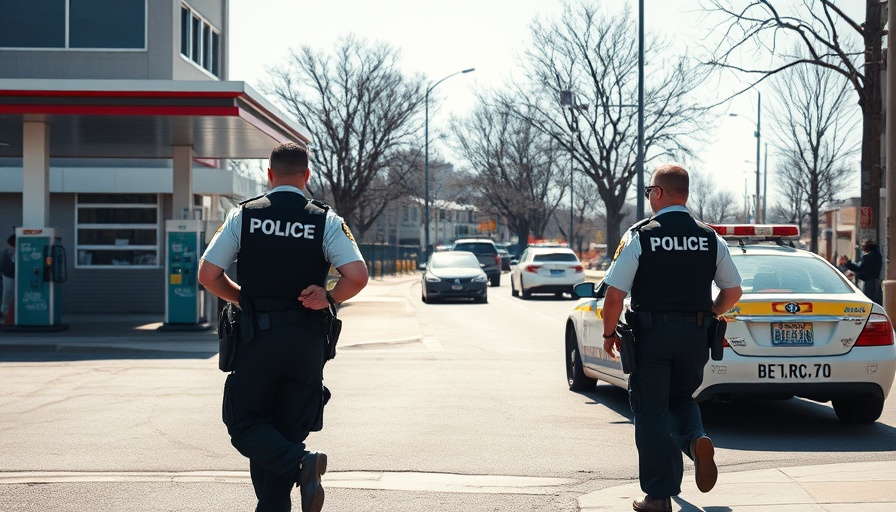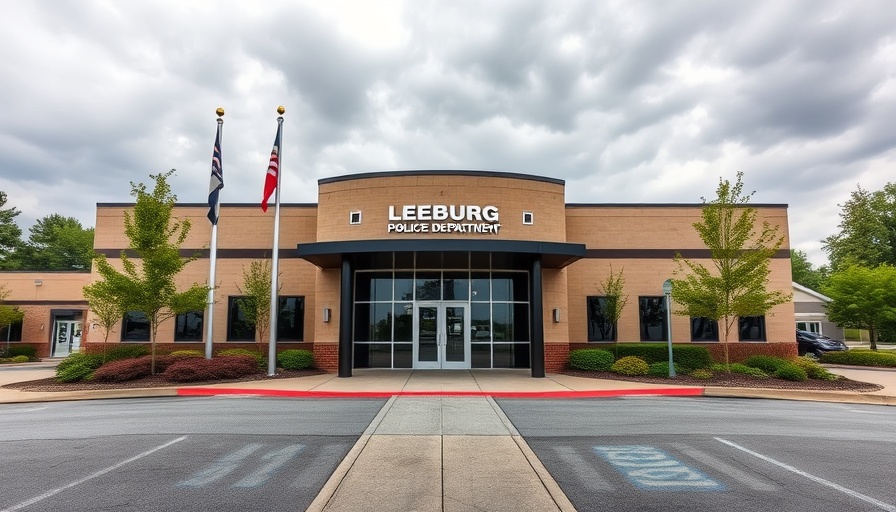
Birmingham Sees Historic Drop in Homicide Rates
Birmingham, Alabama, is witnessing a remarkable decline in its homicide rates, dropping nearly 50% in the first three months of 2025 compared to the same period last year. With only 19 reported homicides from January 1 to March 31, the city has reached an eight-year low, representing an impressive decrease from 36 homicides during the same timeframe in 2024. This drop is particularly significant given that 2024 ended with a somber record of 152 homicides—the highest count since 1933.
The Strategy Behind the Numbers
Interim Police Chief Michael Pickett attributes this decline to the aggressive and intentional strategies implemented by the Birmingham Police Department (BPD). Utilizing a dedicated Special Enforcement Team (SET), officers are patrolling high crime areas and focusing on the most violent offenders. This team's formation reflects a shift towards prevention through targeted interventions to apprehend offenders swiftly.
Impact of Police Initiatives on Community Safety
The efforts of BPD have not just decreased homicides but have also increased the clearance rate of murder cases. Out of this year’s 19 homicide cases, arrests have been made in 15, highlighting the department’s effectiveness in solving crimes. Pickett noted that increasing morale among officers is contributing to more proactive patrols and community engagement, thereby restoring trust and safety in neighborhoods.
Learning from Past Trends in Birmingham
Historically, Birmingham sees fewer homicides in the first quarter of each year; however, the significant drop this year marks a shifting narrative. In contrast to the violence that marked the start of 2025, where several citizens lost their lives in the span of 24 hours on New Year's Day, the current figures suggest a promising trend towards improved public safety.
Analyzing the Public Safety Context
The drop in violent incidents might also reflect broader societal changes and the implementation of innovative law enforcement technologies. Recent discussions in police circles emphasize the need for integrating tools like predictive analytics and community policing strategies. These developments support the notion that technology can positively influence police investigations and community relations.
Opportunities for Policymakers
For policymakers, these statistics present an opportunity to reassess and potentially replicate successful strategies observed in Birmingham. As cities across the country grapple with increasing violence, BPD's proactive measures could serve as a model for law enforcement agencies. Policymakers are encouraged to explore new avenues for police training, recruitment, and community engagement to enhance public safety.
A Call for Continued Support and Resources
The progress in Birmingham serves as a reminder of the importance of adequate funding and resources for police departments. Investing in officer wellness programs, advanced training, and community outreach initiatives is crucial. As Birmingham’s homicide rates continue to decline, community support and a commitment to ongoing reform will be essential for sustaining these gains.
Engagement between police departments and community members will dictate the long-term success of public safety initiatives in Birmingham and beyond. Continuing the dialogue around police accountability and transparency will contribute to building trust, fostering cooperation, and ensuring safety for all residents.
 Add Row
Add Row  Add
Add 

 Add Element
Add Element  Add Row
Add Row 




Write A Comment